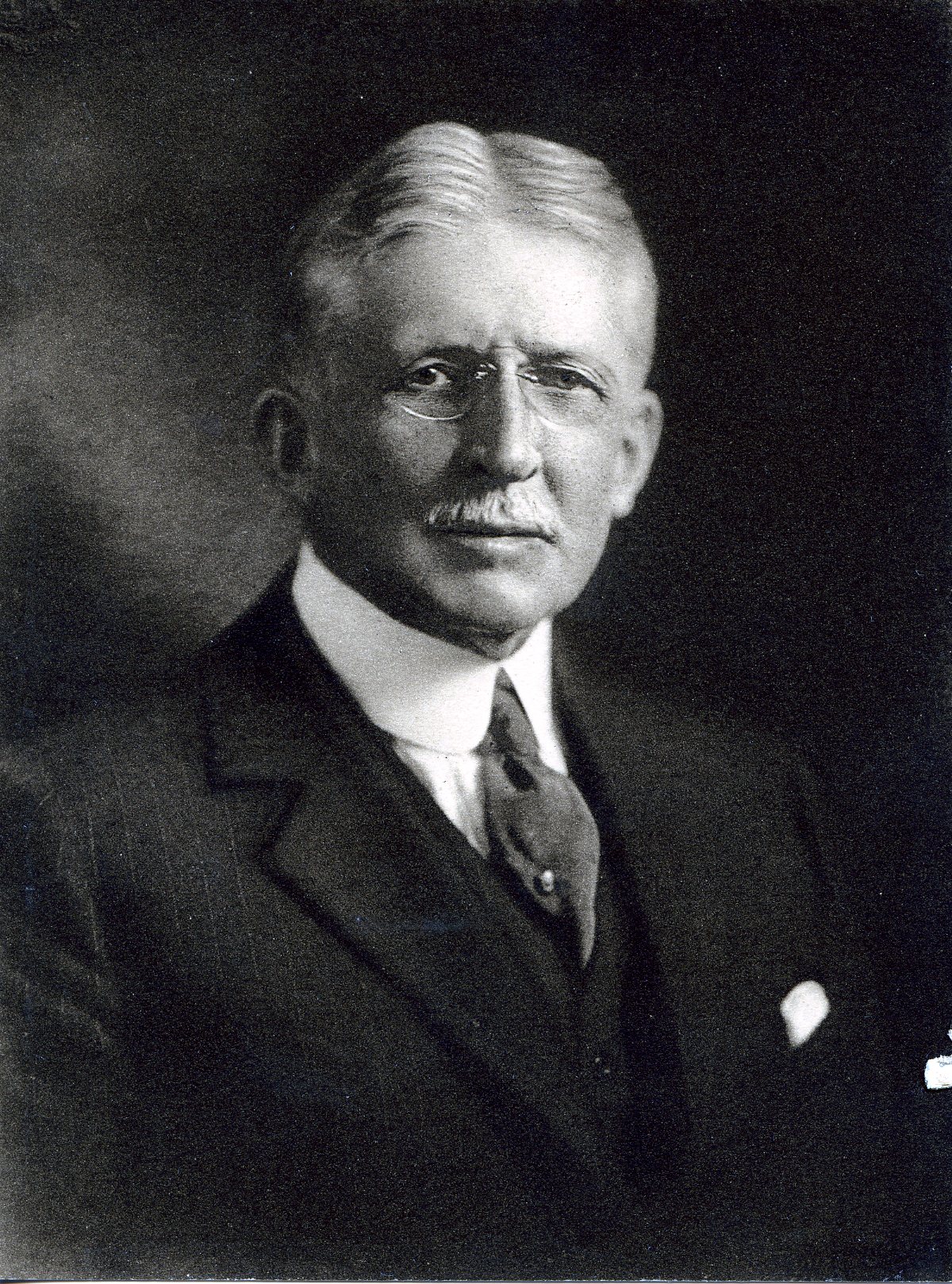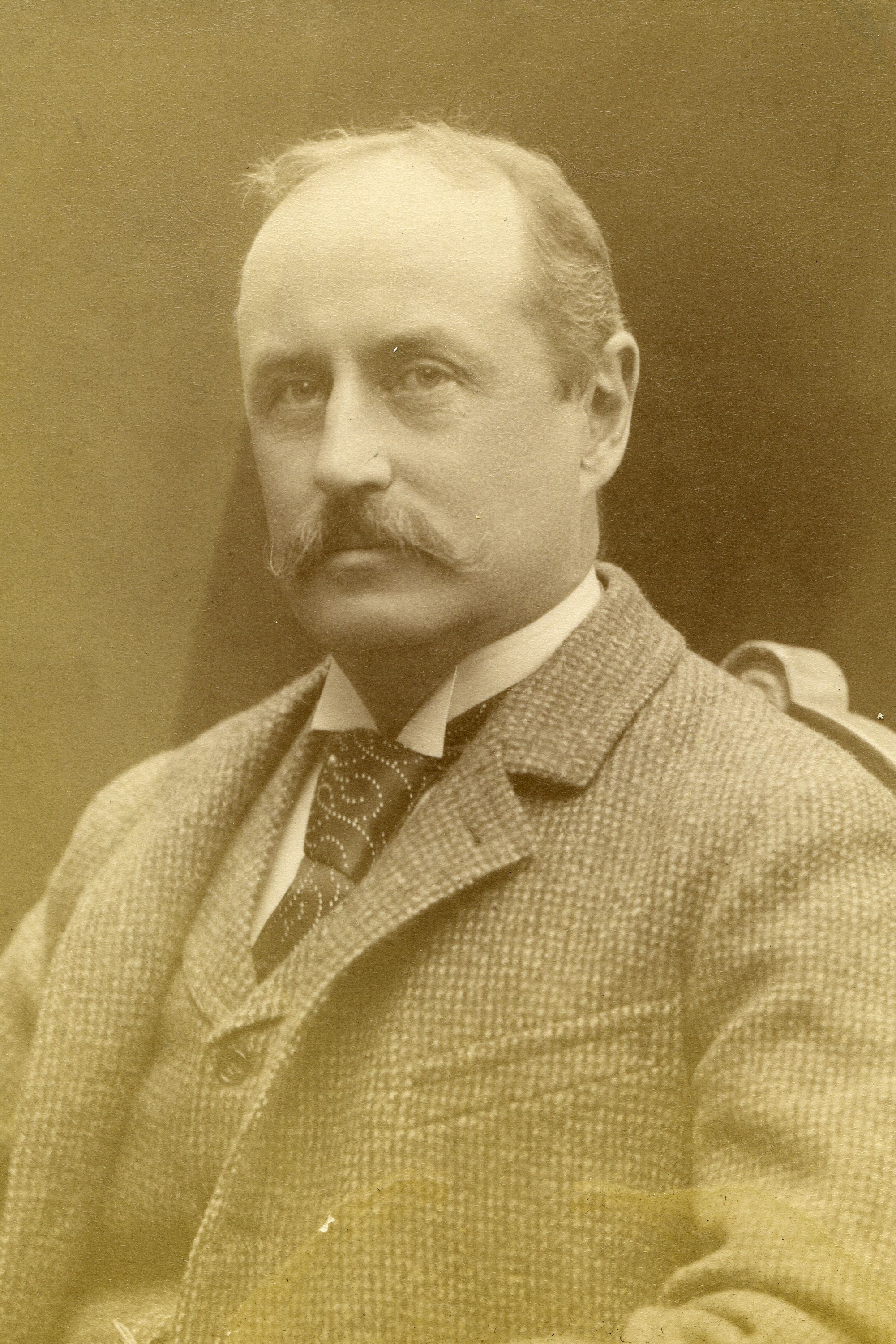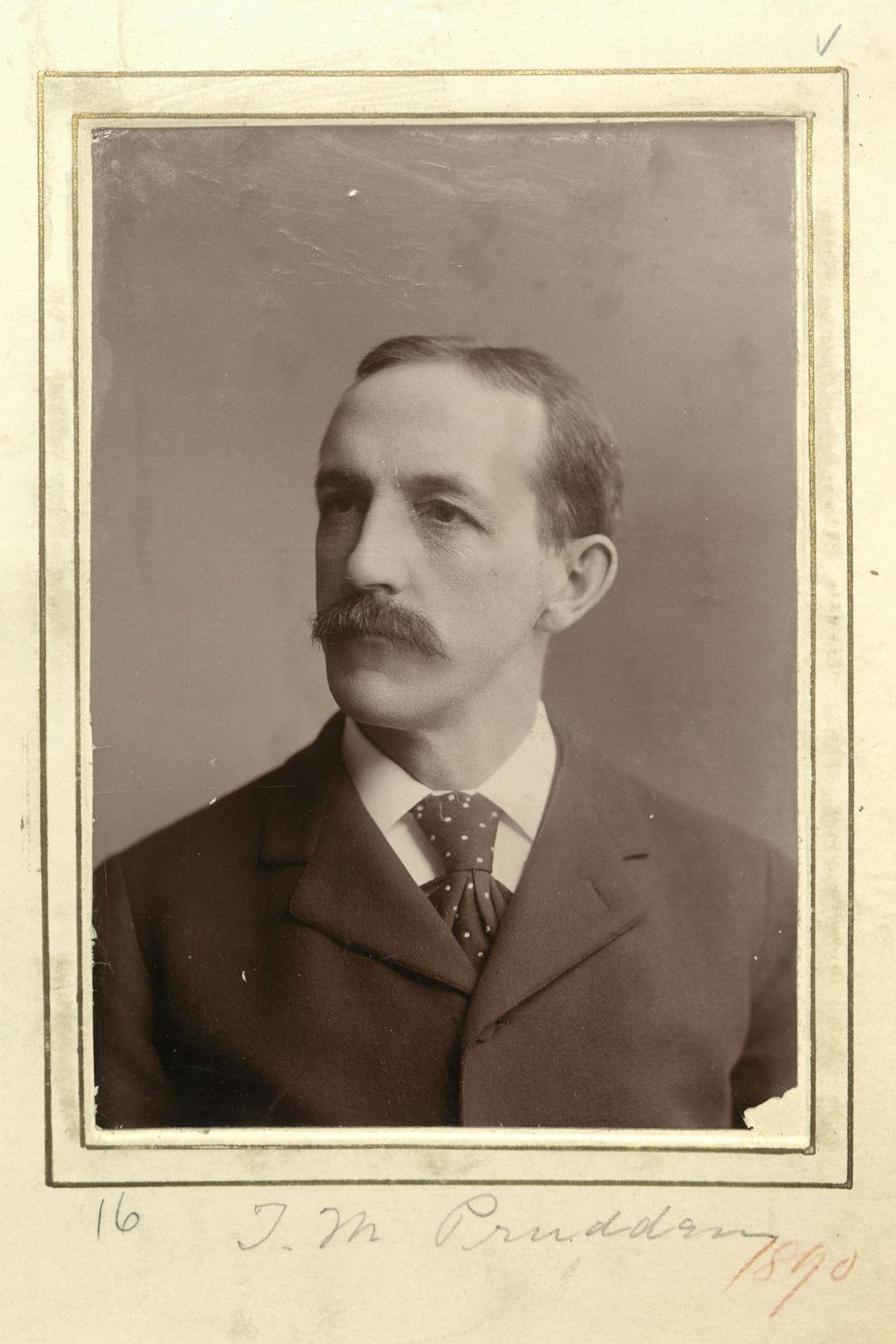Member Directory,
1847 - 1922
Frederic S. Lee
Physiologist
Centurion, 1892–1939
T. Mitchell Prudden and John G. Curtis
Canton, New York
Richland, South Carolina
Age thirty-three
Woodstock, Vermont

Century Memorial
It was through research and as a teacher that Frederick [Frederic] Schiller Lee made his distinguished name in the field of physiology. He was associated with Columbia University for forty-seven years, from 1891 to 1938. (Elected to the Century in 1892, his membership was the second longest on this roll.) Thanks to his leadership, a separate Department of Physiology was created at Columbia and its courses were opened to postgraduate students in the school of pure science. Throughout his career he urged that physiology be regarded as primarily a biological science and that its development should not be entrusted solely to the medical schools. He was one of the first physiologists in this country to offer courses in general physiology. It was typical of his breadth of view that human fatigue formed one of the important subjects of his research and that he became a pioneer in the advocacy of the eight-hour day. He concluded that the shorter working period not only was beneficial to the employee but also resulted in increased production and an improved quality of output. He was as indefatigable in writing as in research and a long list of books upon physiological topics, as well as countless articles in the medical journals, stand to his credit. He was equally active as editor of the American Journal of Physiology and as president of sundry scientific societies. During the World War he was consulting physiologist and later, senior physiologist, of the United States Public Health Service. By reason of an old affection—and in complete defiance of the eight-hour day—he found time to serve the New York Botanical Garden for a quarter of a century. He became its president in 1923 and for five years directed its activities, including a drive which raised an endowment of over $1,000,000. Until his presidency the Garden had confined its research chiefly to systematic botany. Under his inspiration emphasis was shifted to experimental botany, including the study of air pollution in American cities, effects of automobile gases on vegetation and losses to society through plant disease. The Garden owes much to his able and indefatigable leadership.
Geoffrey Parsons
1939 Century Memorials




